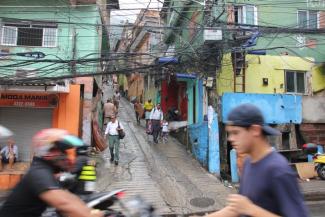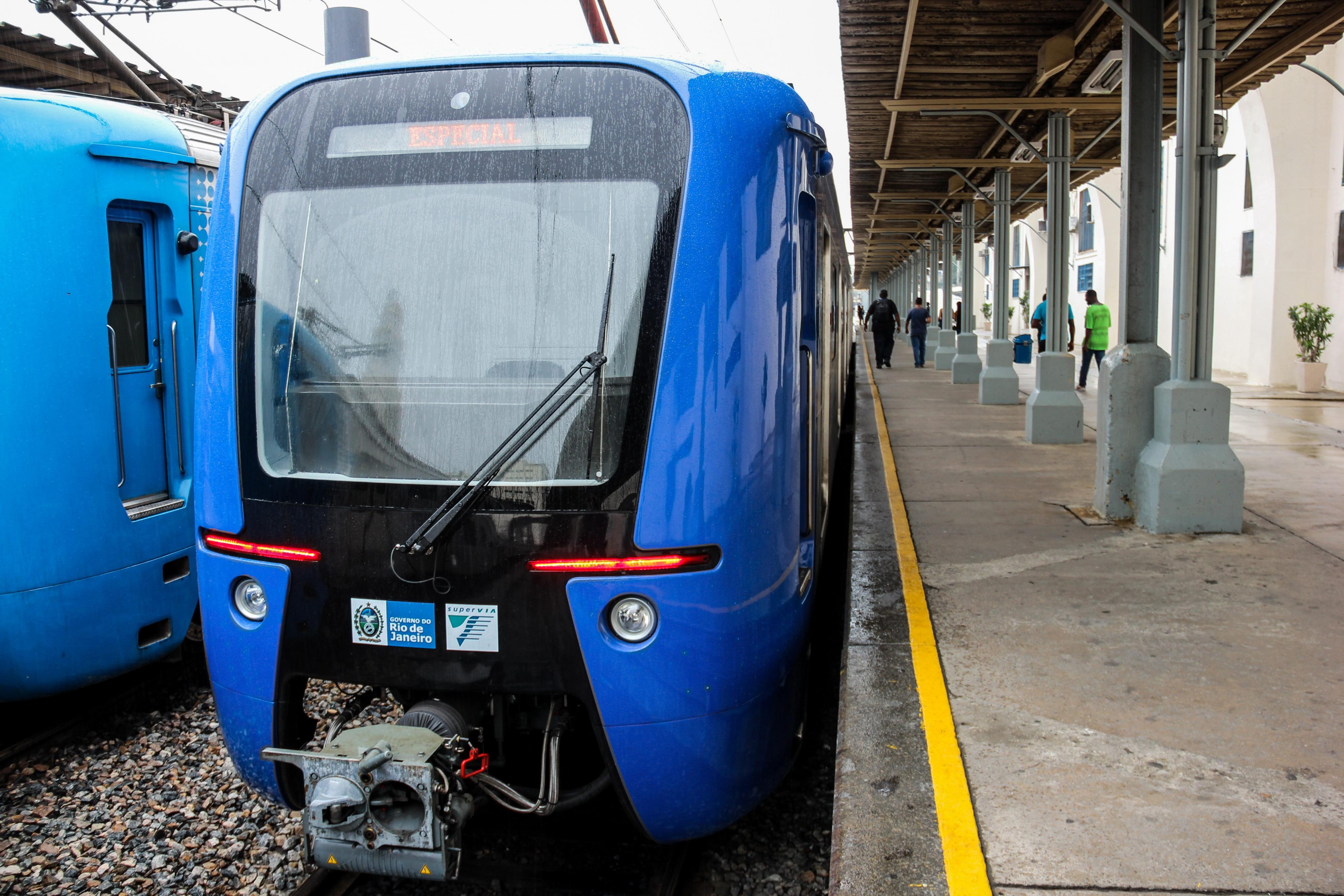Brazil
Descent into chaos

Formerly on the board of directors of the semi-public energy giant Petrobras, Rousseff is at the heart of a massive corruption scandal, though she is not accused of having taken money herself. Politicians of all parties, however, have benefitted from kickbacks for contracts. New inconsistencies emerge almost daily – the scandals show no sign of stopping.
In the 2014 presidential elections, Dilma Rousseff was returned to office by a thin majority. Since then, all hell has broken loose on Brazil's streets. In 2013, ahead of the Confederations Cup, all sections of the people took to the streets to protest about failed investments and corruption. Today, however, they are divided into two big camps: one for and one against the government.
During weekly demonstrations, critics of the government shout “Dilma out, Lula behind bars!” For even former President Luiz Inacio Lula da Silva is part of the corruption scandal. To the annoyance of opponents, Dilma Rousseff wanted to save her mentor Lula from investigations in spring 2016 by making him a cabinet minister and thus granting him immunity. In March alone, more than three million people took part in protest marches through Rio and another 300 Brazilian towns and cities, calling for the overthrow of the president and her Workers Party's resignation from government.
In Rio's favelas, however, most people are behind the president. Lula and Rousseff introduced social programmes that really improved the lives of disadvantaged people. “Fome Zero”, “Bolsa Familia” and “Minha Casa, Minha Vida” provided social housing and food and helped lift many Brazilians out of absolute poverty. Lula set the bar high for himself: “If every Brazilian can eat three times a day when I leave office, I will have accomplished my mission in life.” That won him kudos.
But in the current crisis, the poor fear cuts that could roll back what they have gained. Even now, health centres in Rio face closure, lacking doctors and equipment. Teachers are on strike because conditions in state schools are unacceptable and public sector workers have not yet received their pay this spring because Rio is in financial difficulties. Police officers who are not paid on time, moreover, are susceptible to bribery, which profits the drug gangs in the favelas.







